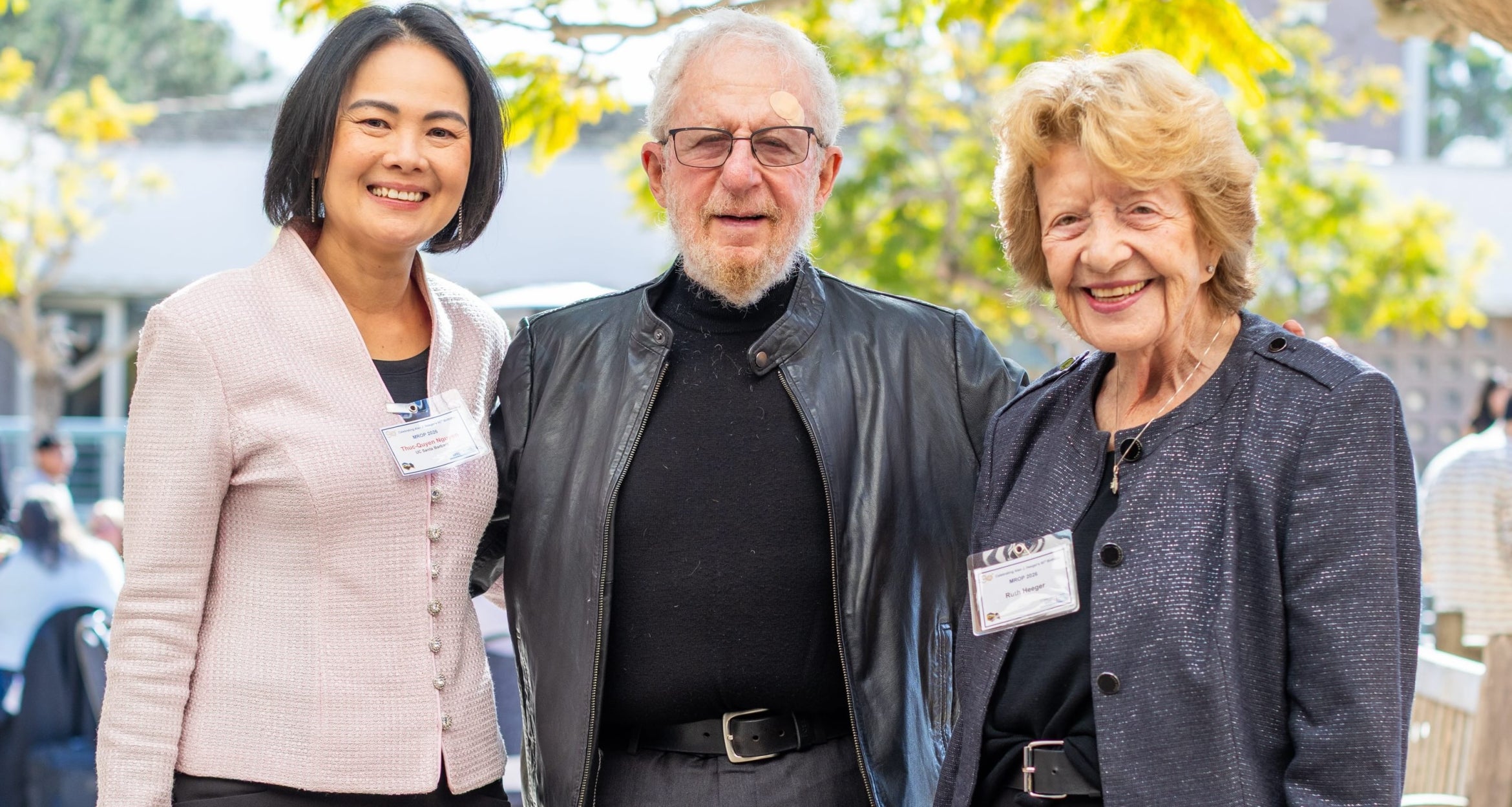Memo to All Staff: Campus Operations
March 13, 2020
TO: All Staff
FR: Garry Mac Pherson, Vice Chancellor, Administrative Services
Cynthia Señeriz, Director, Human Resources
RE: COVID-19 Response and Campus Operations
CAMPUS REMAINS OPEN
As the campus transitions to remote instruction for the remainder of the Winter Quarter and the start of Spring Quarter, our campus remains open and operational. This means that campus offices and departments will continue to provide essential services during this period. Nevertheless, the health and well-being of our employees are of the highest priority. Toward that end, we are seeking to sustain our essential operations while being proactive in an effort to prevent illness and continue the important work of the university.
SOCIAL DISTANCING
The California Department of Public Health recommends social distancing to slow down the spread of COVID-19 by achieving space between individuals of approximately six feet. Implementing social distancing measures can include staggering work schedules where employees work in open cubicles to provide additional space between employees. Avoid direct physical contact such as hand-shaking, and use telephones or video conferencing to reduce the need for close interactions.
DEVELOPING CONTINUITY PLAN/WORKING REMOTELY
The campus remains open. However, adjustments in the workplace may be necessary due to individual needs or work conditions. Therefore, if you have not already done so, now is the time for all department heads to promptly assess the extent to which their employees’ job duties could be conducted off-site, keeping in mind that work assignments can include web-based training, special projects, and other assignments that support the department’s functions. Department heads should develop plans for continuity of services with and without remote work arrangements in mind, in consultation with their respective Deans, Vice Chancellors, Associate Chancellor, or Executive Vice Chancellor.
As circumstances may quickly change, the escalation of social distancing measures may increase, so we urge department heads to now plan for ways to maintain their unit operations through remote work arrangements of administrative staff members wherever possible. As departments adapt to remote work arrangements, with the likelihood of a shortage of staff due to illness during this period, some impact to service levels may be unavoidable. It is also understood that many important jobs provide essential services to the campus that require a physical presence on campus to perform their work. At this time, it is the expectation that employees performing these essential services continue to report to work on campus as directed by their supervisor.
TEMPORARY EMERGENCY LEAVE PROVISIONS ISSUED BY THE OFFICE OF THE PRESIDENT
In anticipation of potential scenarios that may arise, the Office of the President enacted temporary paid leave provisions for situations where employees need to take leave due to their own or family member’s COVID-19 illness or stay home to care for children due to school closures, or are directed not to report to work. This temporary emergency provision ensures consistent and equitable approaches across the UC system in responding to COVID-19 impacts. The UC emergency paid leave and remote work provisions are posted on UCnet along with additional information concerning UC’s response to COVID-19: https://ucnet.universityofcalifornia.edu/news/2020/01/ucs-response-to-coronavirus.html
ELECTRONIC TIMEKEEPING CONSIDERATIONS
When implementing remote work arrangements for non-exempt employees, managers must develop a clear agreement with the employee concerning the observance of the work schedule, rest and meal breaks. We recommend that non-exempt employees enter their work hours in Kronos on a daily basis. Deadlines and responsibilities for entering hours worked and approving hours worked/leave taken remain unchanged during this period.
TRAVEL CAUTION
To help slow the spread of COVID-19 in our community, we urge employees to carefully consider the risks associated with travel, both international and domestic. All personal international travel is strongly discouraged and we urge extreme caution and judgment for your personal domestic travel. See Centers for Disease Control and Prevention Information for Travel: https://www.cdc.gov/coronavirus/2019-ncov/travelers/index.html
As you know, the situation is evolving daily. Our guidance may change as emerging events warrant and updates will be provided as often as needed during this period. We also want to express our thanks to the individuals and teams who have worked many hours to implement plans that will help keep our community safe. We appreciate the extraordinary efforts of our staff and their important role in ensuring that the campus remains open and operational.
Resources:
Academic & Staff Assistance Program
UC Santa Barbara Best Practices for Flexible Work Arrangements:
https://www.it.ucsb.edu/best-practices-flexible-work-arrangements
UC Santa Barbara Human Resources Telecommute & Remote Work Guidance
https://www.hr.ucsb.edu/employment/hiring/telecommute-remote-work
COVID-19 Information for UC Employees:
https://ucnet.universityofcalifornia.edu/news/2020/01/ucs-response-to-coronavirus.html
Recommendations for UC Learning Center web-based training as a potential component of remote work assignments: mandatory compliance training, which includes Sexual Violence and Sexual Harassment training for managers and supervisors and for staff, Ethics training, and Cybersecurity training. Additional recommendations include UC Managing Implicit Bias Series, UC Performance Management, UC People Management Series and Certificate, as well as LinkedIn Learning.



